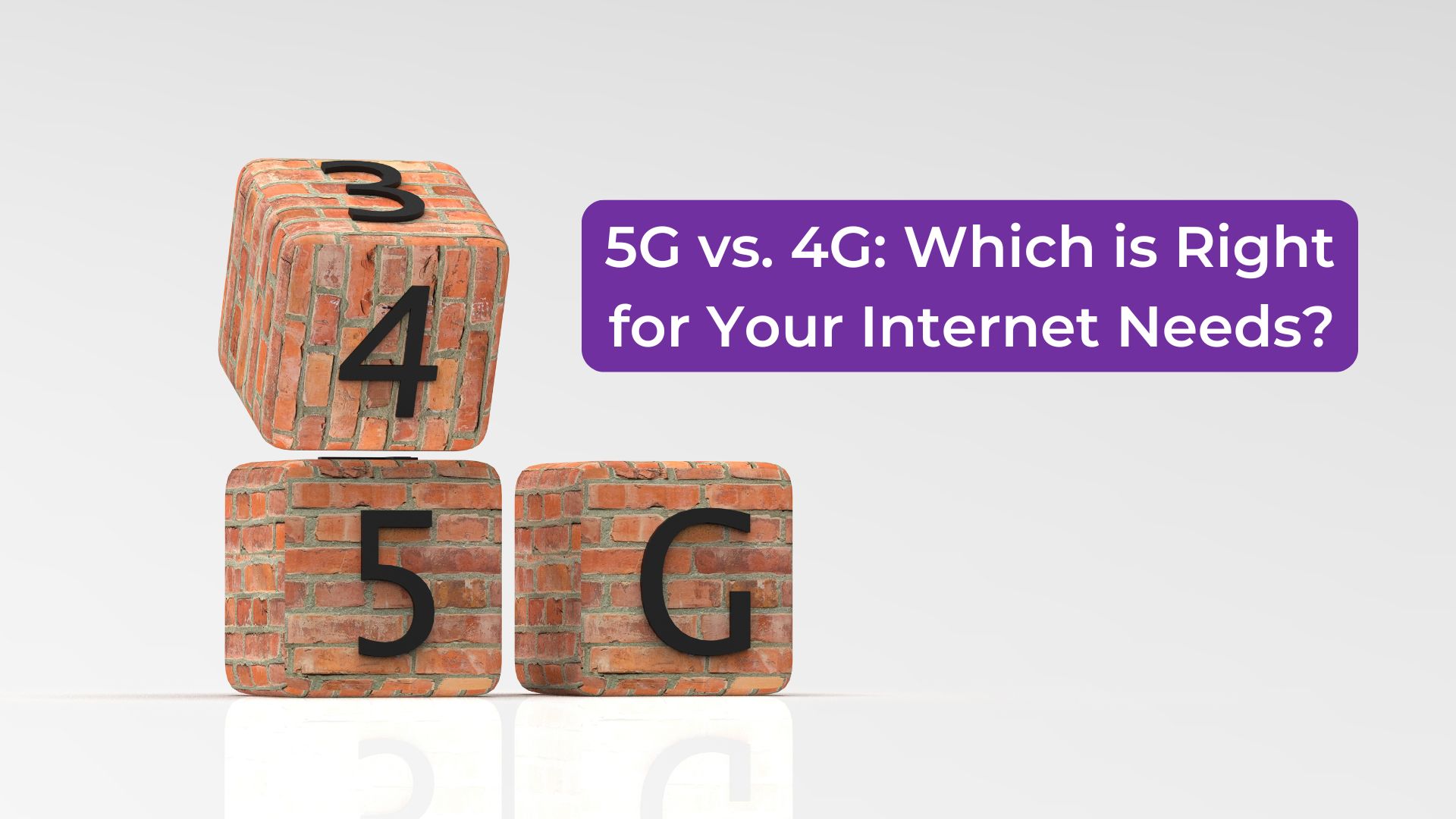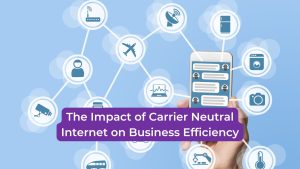
In today’s hyper-connected world, the quality of your internet connection directly impacts how you work, play, and communicate. With the rise of 5G technology, many people are asking the same question: 5G vs. 4G, which is right for your internet needs? Both have their strengths, but the decision depends on factors like speed, coverage, cost, and your lifestyle. Let’s break it down in detail.
What is 4G and Why Does It Still Matter?
4G, or fourth-generation wireless technology, revolutionized mobile internet when it launched over a decade ago. It replaced the slower 3G networks and gave users the ability to stream HD videos, make smooth video calls, and browse without interruption.
With download speeds ranging from 20 to 100 Mbps in real-world use, 4G is still reliable for most internet needs. Its widespread coverage makes it especially valuable in rural areas where 5G infrastructure is still being built.
For those comparing 5G vs. 4G, it’s important to remember that 4G remains affordable, dependable, and highly accessible.
The Rise of 5G: A Game-Changer for Connectivity
5G, or fifth-generation wireless technology, is designed for speed and innovation. Unlike 4G, which was built primarily for faster mobile browsing, 5G is engineered to support advanced technologies like self-driving cars, smart cities, and the Internet of Things (IoT).
In the 5G vs. 4G discussion, speed is the headline. 5G can reach speeds above 1 Gbps, making it up to 100 times faster than 4G in certain conditions.
This means downloading a full HD movie in under 10 seconds, experiencing ultra-smooth video calls, and running data-heavy apps without lag.
Speed and Performance: The Clear Winner
When it comes to speed and performance, the 5G vs. 4G comparison isn’t even close. While 4G comfortably handles HD streaming and web browsing, 5G supports ultra-HD streaming, AR/VR gaming, and large-scale business applications.
For businesses, this difference can mean faster cloud access, real-time video conferencing without buffering, and more reliable connections for employees working remotely.
For individuals, it means less waiting, smoother multitasking, and the ability to connect more devices without slowing down.
Coverage and Availability: Where Each Excels
One critical point in the 5G vs. 4G debate is availability. 4G networks are practically everywhere, offering consistent coverage even in remote towns and rural highways. By contrast, 5G is still expanding and is mostly concentrated in urban areas.
If you live in a major city, you may already have access to strong 5G signals. However, if you live outside city limits, 4G might still be your best option. This makes 4G the more reliable choice for now, while 5G is the better bet for the future.
Latency and Real-Time Applications
Latency, the delay between sending and receiving data, is where 5G shines. In the 5G vs. 4G comparison, 5G can achieve latency as low as 1 millisecond, compared to 30–50 milliseconds for 4G.
This matters for applications where real-time response is critical, such as online gaming, telemedicine, autonomous vehicles, and live-streaming events. While 4G handles day-to-day browsing well, it simply cannot compete with the near-instant responsiveness of 5G.
Cost and Accessibility
Cost is another deciding factor in the 5G vs. 4G decision. 4G plans are generally more affordable and don’t require the latest devices. It’s ideal for budget-conscious users who need stable internet for everyday tasks.
On the other hand, 5G plans can cost more, and you’ll need a 5G-compatible phone or router. However, as 5G continues to roll out, prices are gradually becoming more competitive. Businesses and heavy internet users may find the investment worthwhile for the speed and efficiency gains.
Future-Proofing Your Internet Choice
Looking ahead, the 5G vs. 4G debate leans heavily toward 5G as the future standard. As industries adopt IoT devices, AI-driven systems, and cloud-based applications, 5G will provide the infrastructure to support them.
That said, 4G isn’t disappearing anytime soon. It will continue to coexist with 5G, serving as a dependable backup network in areas where 5G coverage is limited. For most users, this hybrid reality means enjoying the best of both worlds.
Which Should You Choose?
The answer to 5G vs. 4G depends on your unique needs:
- Choose 5G if… you need ultra-fast internet for business operations, online gaming, video streaming in 4K/8K, or you rely on multiple connected devices.
- Stick with 4G if… you prioritize affordability, live in an area with limited 5G coverage, or use the internet mostly for browsing, email, and streaming HD content.
Both technologies have a place, but understanding your priorities will help you make the right decision.
Conclusion: How SPARK Services Can Help
When deciding between 5G vs. 4G, the choice isn’t just about technology, it’s about what works best for your lifestyle or business. SPARK Services specializes in helping individuals and companies evaluate their internet requirements and choose the right plan.
Whether you need the reliability of 4G or the speed and innovation of 5G, SPARK Services ensures you get the perfect fit. With expert guidance and tailored solutions, SPARK Services makes staying connected simple, affordable, and future-ready.



